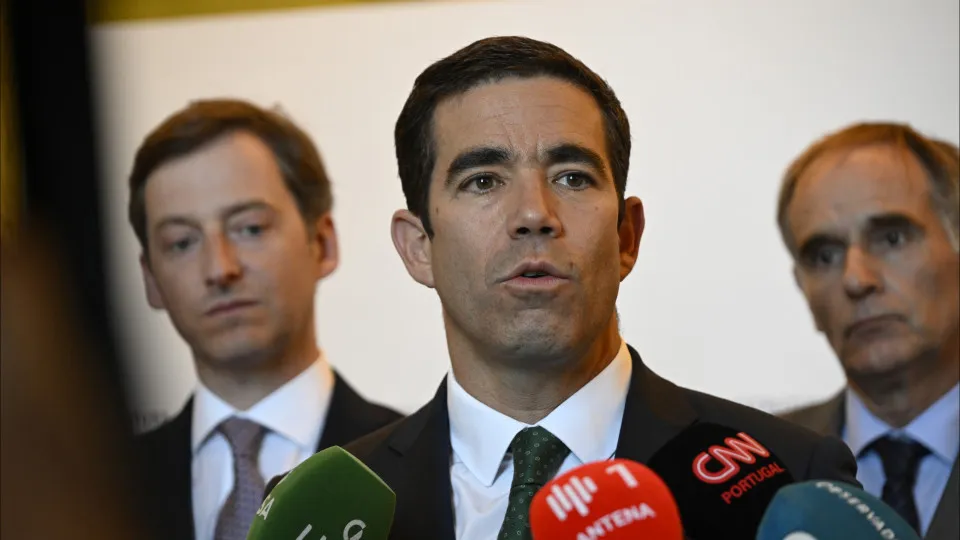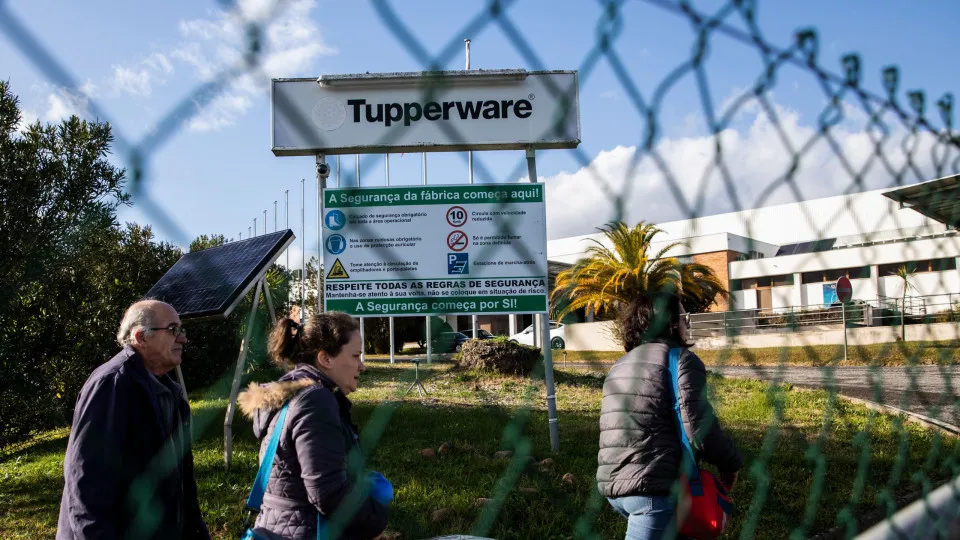
“This is happening in primary and secondary education, and recovery will take a long time. It will also occur in higher education and will be a much faster process,” warned the president of SNESup.
In comments to Lusa regarding the Government’s proposed State Budget for 2026 (OE2026), José Moreira praised the increase in funding for Higher Education, Science, and Innovation but pointed out the lack of measures to value professionals.
Emphasizing that the purchasing power of teachers and researchers has fallen by over 30% in the last two decades, the union leader warned that institutions are losing recruitment capacity, in a context where the average age of professionals increases and most are nearing retirement.
“When this process begins, in two or three years, the system could collapse because there will not be the capability to replace the needed teachers and researchers for the scientific and higher education systems to continue functioning,” he warned.
Admitting that there might be awareness of the problem on the Government’s part, José Moreira stated that the necessary steps are not being taken to prevent it.
“We are on the verge of a perfect storm,” added the SNESup president, stressing that “the remuneration of teachers and researchers, at this moment, does not make careers attractive, neither for nationals nor to attract scientists from other countries.”
In July, the Minister of Education, Science, and Innovation expressed the intention to review teaching and scientific research careers following the Legal Framework for Higher Education Institutions, creating a single career with distinct profiles.
Regarding career unification, José Moreira mentioned that SNESup is “agnostic” and insisted that the priority should be improving working conditions.
“The creation of a single career could be an important factor for salary restructuring. What concerns us is that none of this is reflected in the budget law,” he lamented.
The OE2026 proposal, which began being discussed in detail today after approval in general terms with votes in favor of PSD and CDS-PP and abstentions from PS, PAN, and JPP, foresees a total consolidated expenditure of 3.9 billion euros for higher education, science, and innovation, 296.8 million euros more than the 2025 execution estimate.
Universities and polytechnic institutes represent 82.5% of the expenditure, and the FCT 10.1%.




